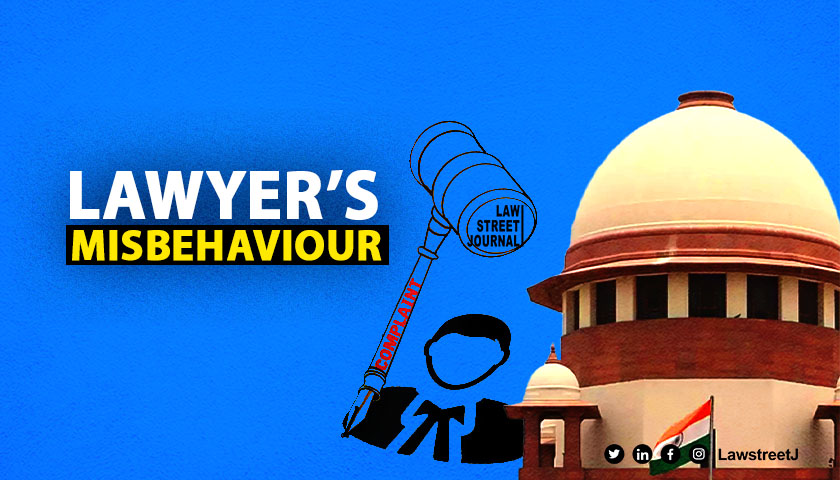NEW DELHI: The Supreme Court has upheld conviction of a lawyer by the Delhi High Court's 2006 order holding him guilty for contempt of court for misbehaving with the judges and casting aspersions on them.
The top court said there is a need to maintain the dignity and reputation of judicial officers and to protect them from motivated, libellous and unfounded allegations as the apology lacking in sincerity can't be used as a weapon to purge the guilt.
A bench of Justices Vikram Nath and P S Narasimha, however, reduced sentence of advocate Gulshan Bajwa from three months imprisonment to till the rising of the court, considering his age and certain medical ailments.
The court dismissed the appeal by holding that the finding of the conviction in the case warranted no interference, in view of the appellants conduct before the High Court and for that matter, even before this court, which amounted to undermining the system of the law and interfering with the course of justice administration.
The court said the Delhi High Court was correct in not accepting the apology tendered by the appellant since it was not bonafide and lacked in sincerity, apart from being belated and a mere lip service'.
"The High Court observed a pattern in the behaviour of the appellant. He has had a habit of misbehaving with a bench which is not agreeing with him. The misbehaviour goes to the extent of casting aspersions and threatening the judges hearing the matters," the bench noted.
The court also opined the apology tendered by the advocate was correctly rejected it by the High Court.
"An apology must evidence remorse with respect to the contemptuous acts and is not to be used as a weapon to purge the guilty of their offence. Further, an apology lacking in sincerity and not evidencing contriteness, cannot be accepted," the bench said.
The High Court had in 2006 held the appellant guilty for the contempt of court for giving threat to a lady counsel during the proceedings in a case.
"This is a long-drawn case in which the appellant has been committing successive acts of contempt. There are about seven instances which the High Court has taken into account, where the conduct of the appellant came under scrutiny in different proceedings. In all those cases, the egregious act of contempt of the appellant was recorded," the bench said.
The appellant, on his part, claimed that judges were biased against him, no notice was served upon him and the threat to the lady was counsel was nothing but an elderly advice.
"Even here, the appellant is trying to resort to forum shopping by asking us to refer the matter to a judge who had issued notice in a connected matter. The appellant has failed to see that notice in the lead matter was issued more than a decade and half ago," the bench said.














